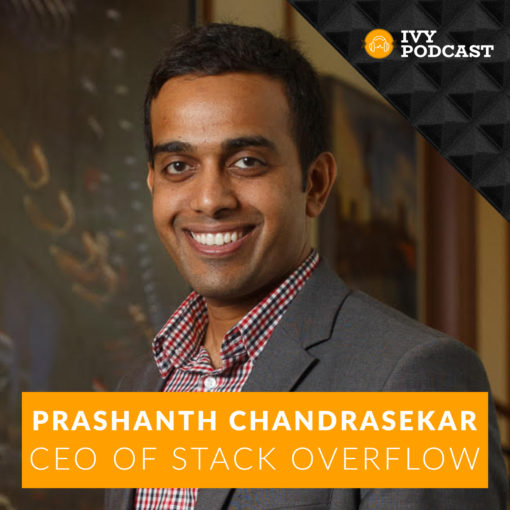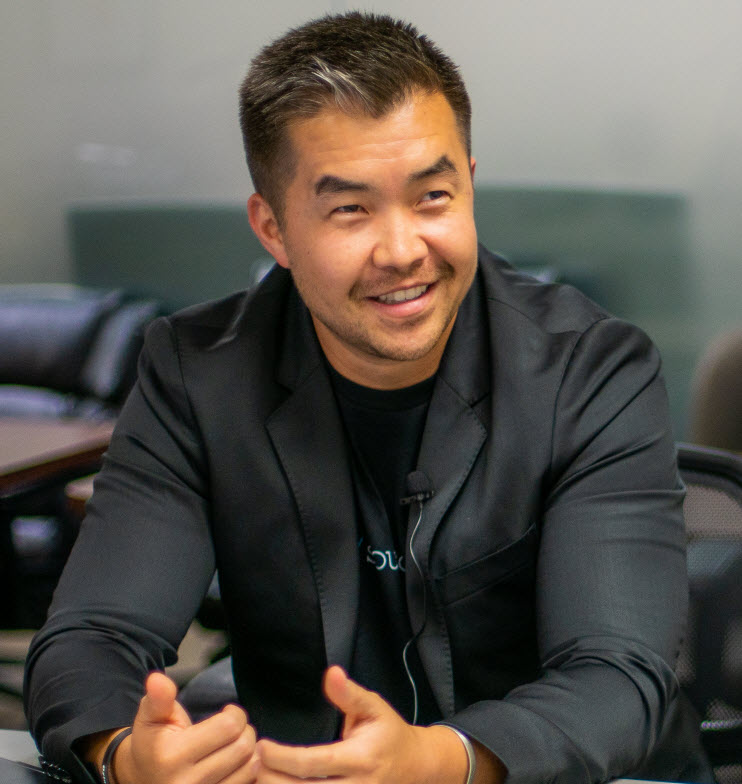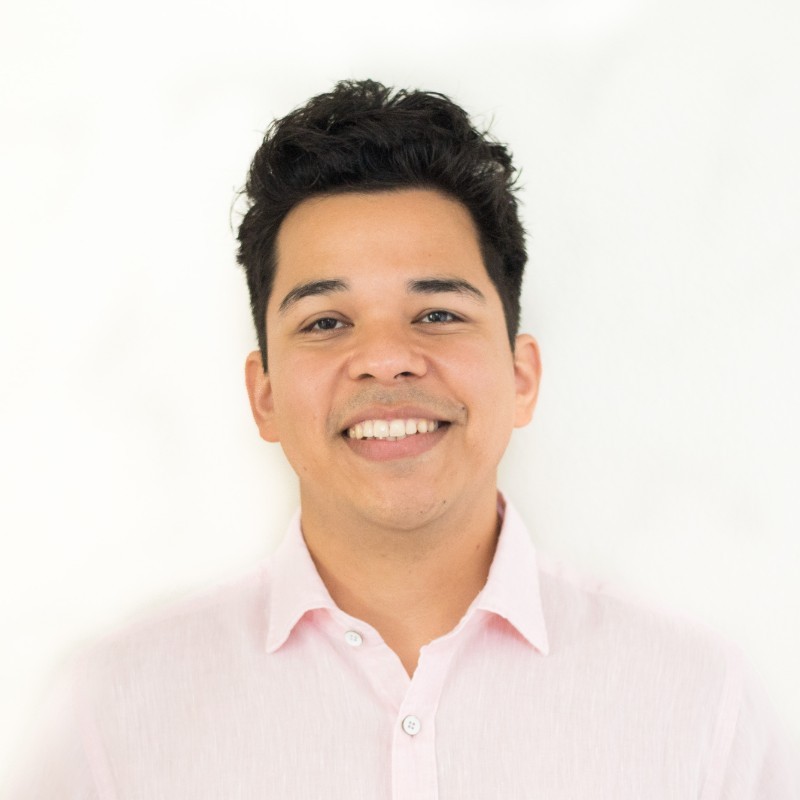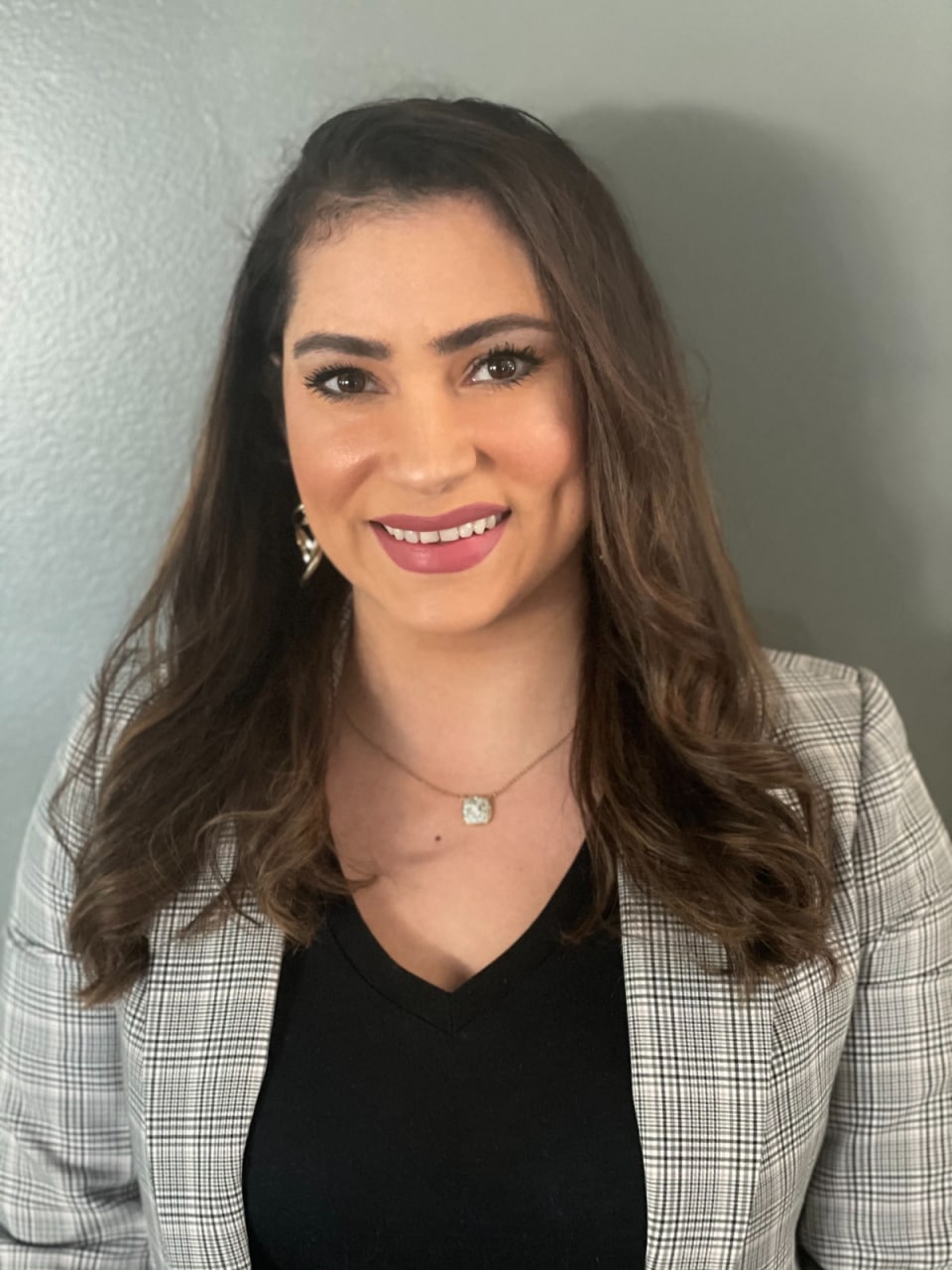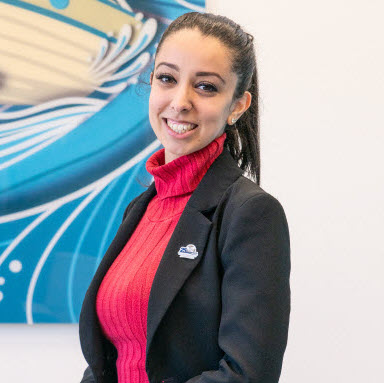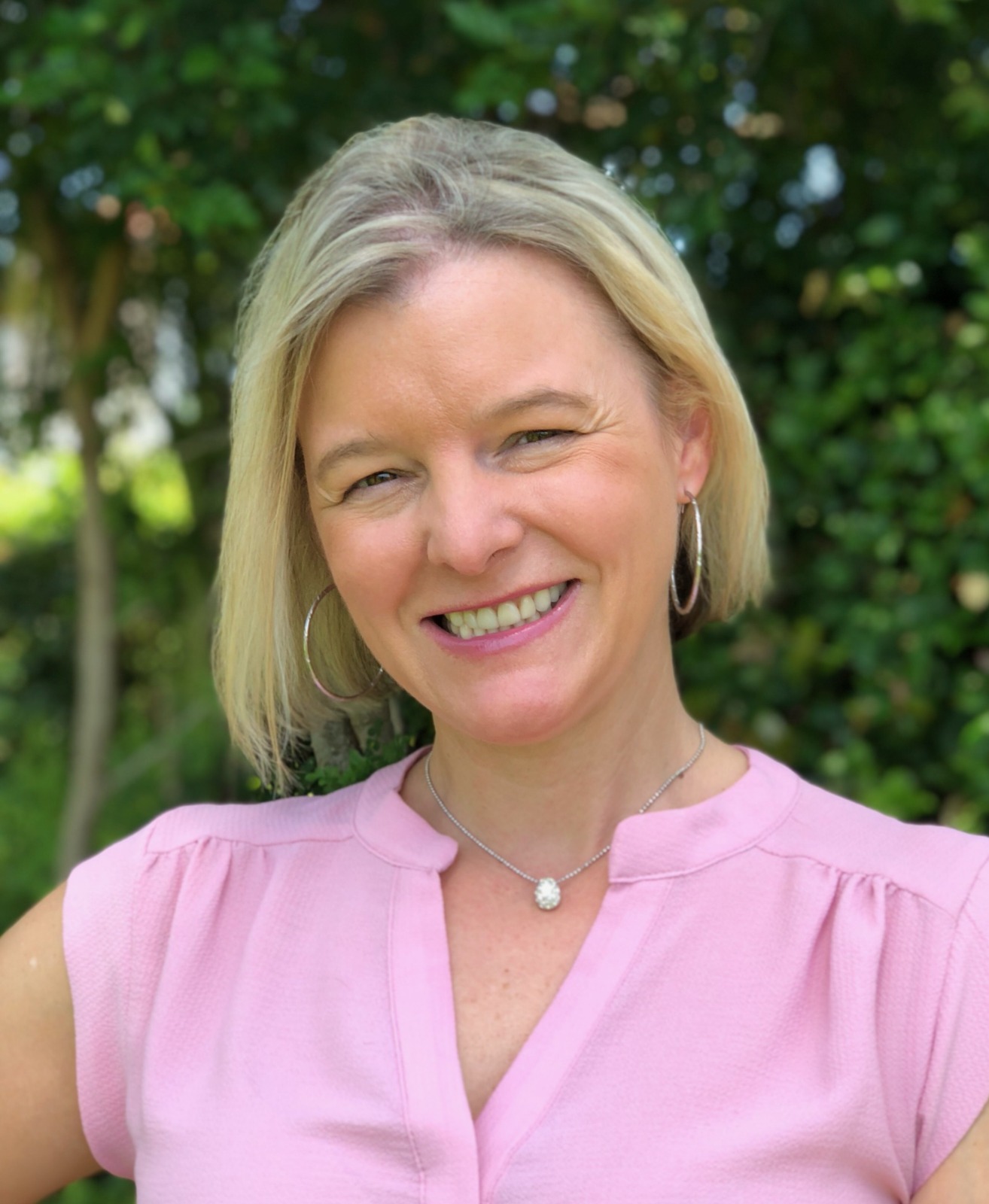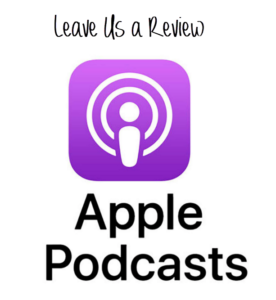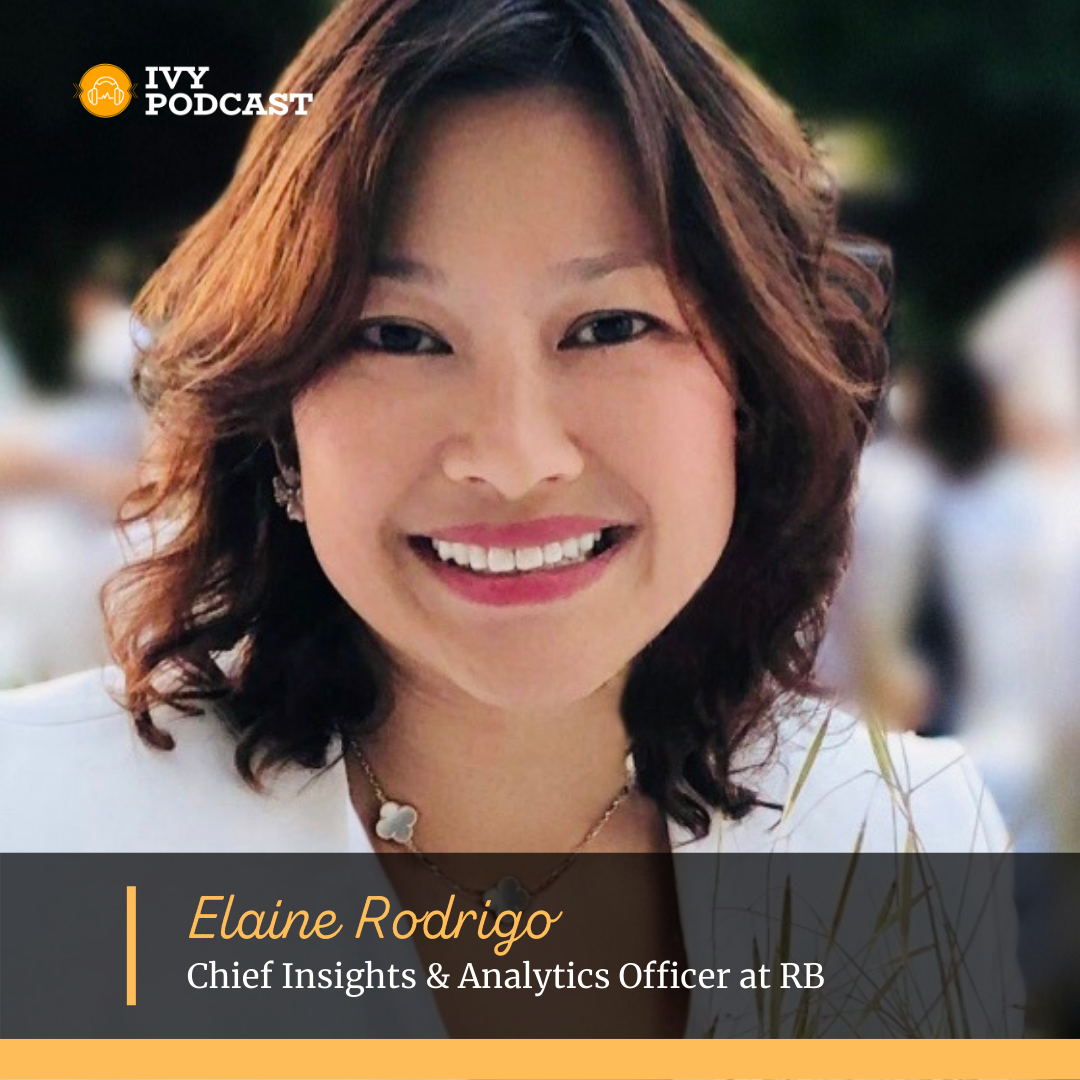
Elaine re-joined RB as Chief Insights & Analytics Officer in November 2019, tolead both the consumer insights and data analytics teams.
Passionate about people and consumers, she is leading RB’s efforts to always Put Consumers First, via expansive consumer-centric thinking and ‘humanizing data’ through the digitalization of insights.
She is a firm believer in the power of connecting all sources of data and insights about consumers and categories, with analytics playing a key role in building data-driven decisions in-market close to consumers. A key part of her role is to accelerate the digital and data transformation of the group, building insights &analytics as key enablers of digital marketing & eCommerce.
This is Elaine’s second stint at RB, the first being in 2001 when she spent 6+years in a variety of roles spanning the Global Category in UK, and Geographies.
Prior to re-joining RB, Elaine was Chief Strategy & Insights Officer at Danone for3 years, where she led a company-wide charge towards a more agile & digital approach to insights.
Elaine also spent 9 years at Kraft/Mondelez, as RegionalConsumer Insights & Strategy Director for Asia Pacific, and Global CIS Director for the Biscuits category. Elaine started her career at market research agencies including Kantar and Ipsos, and has a PhD in Marketing from Monash University in Australia. She is originally from Singapore, and has lived in Paris and London.
Episode transcription:
F: Thank you for being with us today. Elaine. E: I've been looking forward to this happy new year. F: Awesome. Just to get us started, tell us a bit about yourself and the role that you play at RB. E: Sure. Yeah. Мery happy to be here today. So my name is Elaine Rodrigo and I'm chief insights and analytics officer at RB Reckitt Benckiser. Which means I'm responsible for the entire function across the group, first of all, the business units. So everybody who works in the consumer insight area. F: In most mature organizations understand how to leverage analytics for knowledge discovery, whereas fewer are able to consistently aim this discovery in the right direction, which is also an impressive analytics that may be functionally useless. What strategic steps would you recommend when designing analytics processes that would help avoid the use of analytics for analytics sake? E: Okay. Now I think it's a great question. And maybe I'll tell you a little bit about my background, which also kind of almost defines, I guess, where I start. And I'd say that my starting point is never the analytics, so I always start from a business question. What's the insight that you need to drive and answer that business question, and then the analytics that, that is required in order to inform it, but maybe if I look at the, I guess the way that I've developed my career and learning over the years, as well as I started off in a very analytical space. So I started off as a PhD student and constructing structural equation models. So really deep into building. Building an analytical model. And then after that, I actually started my career when I left university and I went into a market research agency. So this is like in the 1990s now. And that's when it's about consumer, it was about consumer insights. It's all the insects and the consumer and needs and what's going on there. So I shifted gears to thinking about that. And then actually I joined RB the first time around 20 years ago in a client role. And that's when you realize when you come into an organization that the whole point of the insight is to drive business decisions. So therefore I kind of came around into that. And then finally, over time as analysts and analytics, I guess, became more important even in large organizations around what we call driving. Fact-based thinking, data-driven thinking it's come around. So I feel like I've kind of gone round circle and that's why now I take everything from a lens. So believing that. We need to have to know and have everything that we know. I guess, insights data about our consumers. Everything ended up in one place, right. Seamlessly connected to answer business questions. So therefore then coming back to the point, the question you asked, which is probably make sure, I guess I would summarize it by saying in a higher eviction, we don't have impressive tools chasing problems to solve. This is the point. And in any organization, even when we, as an organization come up with innovation ideas, you don't want to come up with an innovation that doesn't actually have a consumer job to be done. So it's the same philosophy. So I've not got any strategic steps. I would say the first thing is always, always start with the business priorities and what are the business questions out there. So whether the use cases. Start from there. And then from that, you can understand, okay, what kind of analytical tools do we require to solve that question and within there, and maybe we get to that, I guess, as we keep talking, there are different levels as well, of what level of analytical tools you need to solve that question. And sometimes it's like you're trying to develop a Ferrari. To solve the problem that bicycle too, and then that's sometimes you get to the weight of itself. So I think this is the same for those of us. And as I said, I came from that world and started off with as well. So nice. We fall in love a little bit with the two, it's just like in business. And as we fall in love with ideas and we forget what job to be done is so finance always starts with a business question, always starts with that, that use case. And then develop the tool to solve that business question. And you don't have to start with platinum standard on day one, start with an MVP, a minimum viable product get some small wins test and learn and then see how you scale. F: It was to know, you talked about how you said it worked in consumer insights. I think 20 years ago. What are your thoughts on how the industry has changed over the last few years? And what do you anticipate being the next trend in consumer insights within the next, let's say three years. E: It's, as every single industry has gone through a huge disruption over the last few years. So let's just talk about the insights, Margaret procession to the insight industry. Obviously over the years, every three to five years, there's usually some kind of vividness or some change. Right? I think at the beginning, it was called market research. When I joined this industry. If you think about it, just even what it was about researching the market, it was about consumer research. That was what it was about. Then the next stage was how to get insight from that. It's not just, it's not just data it's insight. Then it was insight to action. That it was insight to action to business results. Right? Then it was strategic thinking, et cetera. So every two to three years, there's something. And then it's about creativity. Then it's about strategy, but really over the last five years, obviously, like we know it's been about how this huge shift in the world about how people have changed. And how data and digital has really come in and is kind of in every part of our life. They created a huge disruption in this industry. I would say probably around four to five years ago is when it is rainy, it really hits. And the biggest change at that time was obviously look at it. The macro is such of the insect and she was much more survey based, right? Qualitative focus groups, so on, and you know what I believe there is still space for that. Now we've all learned. How to do things maybe in a much more agile kind of on time rate, but there is still a space for that. But a whole area of data here is a new thing of thinking of how do you get insight from that? So that area has really kind of coming, and I think then what happened is you ended up with like two camps, you ended up with this consumer insight or like CMI camp, and then you had this other camp, which was like, Data analytical too, analytics, digital tech driven companies and tools that were almost like challenging. What was then started to be sort of almost classified as traditional or old-fashioned. And I don't believe so. I believe you need all of it. I need you, I believe you need both sides to it. Right. So I believe that where we are now is. Three to three years ago, I saw those two happening in parallel. I saw a lot of challenges coming from the tech and analytical world on the kind of classical CMI or consumer insights world and creating a little bit of a disturbance there. Some of it, the destruction was good. Some of it was not good, but now I sit in the seat coming more together. So that's point number one. Where is he going to go into the future? It's going to keep going that way. I think the next point, the next step, and this, this is why I have redesigned the function in RB. Firstly, I renamed it. So it used to be called CMR. It used to be called consumer and market intelligence, CMI. And then there was another part of the business. There was another team called DNA data and analytics. And they were two parallel groups, right? Renamed this function, insights and analytics, because I believe that we need both to solve business questions and bring it all together. So I'm trying to set us up. The other thing is parts of different parts of the organization. You have to have different parts of the organization, focused to solve different business questions. So they need to drive those agendas. But my team is set up to work across. So we are horizontal. I believe that the future is a world. Where data insects have to be much more seamless, right? So you need to understand across the entire consumer journey. So not just upper funnel, lower funnel, wherever, but the entire journey stuck. She seemed together connecting the dots much more leveraging data, redefining perhaps what is the future of brand equity? What is the future of the consumer value equation? Some of these things are gonna change. So I think it is all very exciting. And I think that the changes that I've seen in this industry, I mean, make me feel comforted over the last couple of years. That the industry has woken up. I think there was a period where the industry was a little bit like, honestly like deer in headlights caught by what was going on. But now I feel like I see people and I see the big companies, agencies really starting to embrace this area and understanding how data tech, how has cetera is going to take us actually to the next level of understanding people, and understanding consumers better, right? Understanding consumers as people better. And that there and really at the end of the day, so that's all, I think that's all very exciting for me to do. F: Has there been any disruptions that have been brought about by the pandemic that affected the entire world last year? And if so, how have you guys responded to that challenge? E: I think there are two things. One of them is, I guess it's a functional leader. So this is when I put on my insights and analytics hat from an industry and our capability set one. Do you get status from a business lens? Maybe I'll talk from a business lens, obviously, you know at record bank he's, I mean, we have friends like Lysol and dental in our portfolio brands. So having brands like that, you are at the heart of everything that's going on with the COVID situation, especially, we also have a very big business in China. So actually starting from January. Of 2020, we were already starting to see signals and signs of what might be to come. So obviously there's been a lot going on there, but I think, so my team as well, played a key role in terms of keeping a little bit ahead, I guess, of what's going on in each of these markets and seeing how it's unfolded. Obviously there's, I wouldn't say it was just disruptive for everybody in the world, but it created a lot of change, obviously within the over and the organization was also going through its own transformation last year in its own organizational changes. So the two kind of came to get, but I think it's my CEO summarized in his kind of new year's address to all of us. Is he proud? He felt that it was a tremendous year where honestly, you're going through a huge internal change. There's all this coming from outside, but you know, that true spirit, I think the army spirit and the DNA of people where people just kind of just get stuff done and just get down to it. And at the end of the day, I think we managed to get through a year where we were still able to deliver growth. But at the same time, we were also able to invest in capabilities. Capabilities that will continue to set us up for the future. Therefore, then I came to what was the disruption or the change within my group. And I like to think of it as you know, it's almost like what is the silver lining, right? That came out of it. And I spoke in another podcast as well. And I used this particular example where, so I'm half Chinese, and in Chinese, what for crisis. Chinese is weighty where one word means a threat or risks or danger. And the other word means opportunity. And essentially it means a nanny crisis. There is obviously always a threat, but there's always an opportunity as well. And in this case, your opportunity that came up as, as everybody shifted to a virtual world, all the things that I wanted to disrupt change within my group about people going much more online, being used to working like this, speaking to consumers like this, about using digital data, using social listening, using much more agile tech with all of that kind of that the situation supercharged, what I wanted to do anyway. And now it's very natural for everyone. So that's a good thing and you need to keep doing it. The other thing that COVID created is that these are very dynamic companies, very fast paced to start off with, but some of our tools, it forecasting tools, for example, in the past, we used to do four cards once a year for our three year plan. So you focus for three years. But all of a sudden with COVID yet focus like every month. Every week, every day, every hour. So we actually had to step change. Our tools submitted, they're much more dynamic, much more granular. This is also a good thing. I mean, it was kind of done. And then a little bit like tourists, we had to do it quickly. But at the same time now it's something that I'm like, why would we want to go back to the old way anyway, we want to keep doing it this way now. So I think that agility, that speed, that Knight dynamism, that moving to embracing data and tech, what things that kind of came out of the disruption. But we want to keep that as a team going forward are increasingly relying on data to create value and make well-informed strategic decisions. F: For companies that have relatively insufficient data or practical recommendations, do you have for how they can still benefit from implementing data analytics processes? E: Sure. So, I'm originally from Asia, so I've actually spent most of my career working a lot of developing markets where actually you don't have a lot of data or if you have kind of one day, if it's a right. So, I understand the situation, understand the situation. What I'd say, I think there, there are two things. Number one is I used to say philosophy. So number one is that's that with the business question first. So you start with, so rather than worrying about the data, it's you think it's because of the nature of. Our job is and who we are, as I said, if you are a kind of classical, but we tend to stop with the data and how we build it into the tool. But first start with the question. So what's it. And then I went, I did this exercise once and I really learned, I was very surprised because I hadn't seen the question where we wrote the business question and I thought, I don't think we have the data for this. What we did was we just listed everything that we do have, and we surprised ourself. We surprised ourselves actually, how much we were bad. So that's the first step. You might think you have insufficient data, but why don't you put it down in paper right down then obviously, if you are a true blue analytics person, you are questioning every single source and saying this isn't really 99%, whatever it is that's okay. If it makes you feel better, give it a rating, give it a rating on a scale of one to 10. Of how robust you think it is, and it doesn't matter if it's all 10 and then you rent then after that, based on whatever, you have your surprise yourself as a set, that you will somehow be able to connect the dots to answer that question, even if it's not granular or deep enough or whatever it is to build up algorithmic model, but you'd be able to do something with it, even if it's like just writing on a page and drawing up something.To actually get insects to answer your question. So I think that's, and then once you start from there, you also know what you don't have. And then the next thing is in most companies the problem is that the data's all over the place. So what other places? So once you know what you have, then you know what else you need, then you can just go get and what you need. Then I would go to other parts of the organization to see if I didn't find it. And if not, then you see whether you might need to go outside to purchase it or whatever, but whatever it is, it'll be significantly less the way you start it. And whatever it is, you would have already moved on something you would have developed, life delivered some kind of value already to your organization, right. Rather than still being in the space of thinking. I don't know if I can do this because the data isn't good enough. F:All right. There were several years of use cases and examples of where organizations failed because they over refined their data analytics processes to a point where they failed to achieve any meaningful business values from your experience, what are some of the potential risks that can result in the success of effective data analytics and how can those be prevented? E: Hmm, sorry, I've spoken a lot about the business questions. So I'll pop that for her because I think that's part of it. Let's start with the next thing, which is in order for, for these analytical tools and processes to be useful. It's, it's that change actually happens to people. So maybe it's old fashioned to me, but I believe that actually people that drive change versus just the technology and the processes. So those things exist to enable and empower people, right? So if you want people to use these, it needs to be developed for people. And I think sometimes we forget that. So the whole idea of a user experience and thinking about now the end user, who's going to use this for that business question makes a difference. And I noticed that, I have in the past, have I ever had a number of really brilliant analytical people who work for me, who develop tools, where it's like, you need a PhD in analytics, do you use it? You know, and the thing is sometimes I say, just use me or a naive audience, like people who, when you Merrick, what stuff, but not a builder. And it needs to be intuitive. So I usually tell actually my team, I said, okay, If you want an idea, you should be use things like a social media use, like look at things like whether it's Facebook or Google or YouTube or Pinterest, or Tecta all the design to make it so easy that people don't actually need a training to use your tool. This is a starting point to point in one of my previous, actually when I was in my previous company turned on my head of analytics at this brilliant idea, she actually hired somebody who was an expert in user design in design. In the analytics team. And actually that, that person was not visually challenged, but she basically couldn't hear that well. And because of that reason, she had this highly attuned visual, skills where it was really about what you see. And she was so into the user experience. It was really interesting for us. So I think that's what I would say is one of the things to design your tools or your user. So after you design it for your business questions, design it for your users. F: Strategy execution requires that appropriate metrics are in place to measure performance and progress towards strategic goals. What are some of the key metrics that you'd recommend to ensure the successful creation and execution of a corporate strategy? E: So firstly, I already believe in corporate strategy, so I mean, there needs to be strategy and I know what you mean. I mean, we write them as well, but you know, all strategy has to land in markets and be executed. Otherwise there was no point in having it in the first place. So I believe that. So I work a lot on strategic plans, et cetera, but we make sure that the inset and the data is from the ground up so that it is actually reflective of a true situation. So that's one thing. So therefore, I mean, if this question is really broad and I think it depends also on what are the strategic priorities and goals of your organization at the point in time. But if I talk about RB, for example, at the moment. So when I look at a strategy, what are some of the KPIs that we use? Obviously we are a very performance driven organization. So obviously we look at the usual ones like revenue and profit and margin and say, but generally vindicated number one, myself, I look to see whether something is consumer centric. So once again, is this solving any kind of consumer problem? Is this a job to be done, for example? So that's where a qualitative kind of assessment. Is it really consumer centric? But then usual kinds of metrics would be things like, in some cases it depends on what you're trying to drive for that category of rabbit. It could be about driving penetration, for example, could be one metric market share and obvious one. So we look at that, but we also talk about new places, new spaces. So we're trying to drive growth here. So are there new channels that you could go for? Are you trying to get to new occasions? Are you trying to capture a new target market and your audiences, are you trying to capture more points of distribution? So there are many, many different KPIs. I think the key thing is number one is to go back to strategy that is usually designed to find growth, right? And where is it you're going to find those growth and then choose don't have too many metrics as well as just like three or four. And then as you say, you need to track them regularly in the market. When you talk about tracking the metrics and KPIs regularly, what's the ideal time frame for revisiting those metrics to make sure that you're still on target. Is there some that you've used in the past to, to go back to and see, okay, it's been this amount of time that has elapsed. Let me see how we are trending as far as this metric. The men, usually most of the time, the metric itself doesn't change all the time. The sentence, the source of the data might shift a little bit, depending on you. It depends on what it is. But let's talk about equal Mustangs at the moment. That's an area that's shifting all the time. So, what are the metrics for our e-commerce? How do we measure it? What's a source of data that we use, right? Obviously in channels, which are more, the Amazons and so on the world, it's a little bit more stable, but DTC is direct to consumer in the open marketplace. How do you track market share of that? For example, when you don't know what the full universe is, and the universe is changing, even as you and I are speaking right now, So in those things, you need to be a little bit more flexible. I need to be a little bit more agile in terms of the source of data so far for our e-commerce area, we have pretty much real-time data that keeps coming in as well. So the metrics do not change day to day, but we do have to keep an eye on the of dinner when hiring for your teams for those candidates that interview with you, do you change and get creative with your interviewing questions? So firstly, I don't like good electronic trick people or calling them out or whatever. So for me, a first year interview is a conversation. So I prefer it to be a dialogue and a conversation of getting to know each other better. So for me to get to know the person and that for that person to also get to know our company. So it kind of works both ways. So, but what I try to do is to make sure, I mean, I do try to understand whether, I guess, to try to use copied examples rather than just asking people what they've done to see how some of the competencies that I require I keep flowing through. And usually, I suppose at my level now, honestly, I am checking less for technical. Competencies and details. But at this stage it's usually around leadership it's around. So it's a bit of experience. But then leadership around, how do you do those things that we've been talking about? You know, how are you able to firstly engage with stakeholders around understanding what the business priorities are, how are you then able to understand who your users are, how are you able to start from something small and, and scale it up, right. So examples of that examples of managing, difficult stakeholders, how do you actually, so those are some of the things that I look at, but I do also sometimes ask people questions like, what do you want to do three to five years from now? Not trying to catch anybody out, but for me it's okay. Potent, because, when did you joining the organization? I don't think of them just for this job. This one job. I want him to think about what they want to do next. And it's interesting. He says, most of the time, the people I hire, honestly, my reports are all 20 plus years of experience. Occasionally I will speak to various people who are below them and in that millennial population, it's interesting how often I get the answer. Like I haven't actually really thought about that. So there are two answers. I haven't really thought about that. Or the other side, which is that they're spending too much time thinking about it. And I do not kind of landing on anything. So sometimes I do ask that question, as well. And it's interesting one or two situations, I think, where it's like the interviews sort of almost turn into a coaching, almost like a career coaching session by the individual because that person, like, I can't believe I've never thought about this and maybe that's why I haven't made as much progress. In my career and I'm like, so nothing wrong with that. No need to beat yourself up over it. Now, you know about it. Why don't you go take some time and think about it and let's reconnect when you have thought about it. F: Last question. And this is one of my favorite questions, because again, a different variety of responses from, from different leaders. What has helped you get to where you are and what word of advice would you give to someone that wants to pursue a career that's similar to yours? E: It's interesting, so a lot of people like, I dunno, when they asked you questions, like what did you always know? You wanted to do what you're doing now? And sometimes they expect me to say no, because that's the answer that they want to hear. Sometimes they don't really do work. And in my case, actually, it's just unique because I am doing exactly what I wanted to do. I didn't think that I would be not this company specifically, but when I was in university and I studied marketing, I knew that I wanted to do something, this knowledge, fear. So I loved research. I loved knowledge. I loved, I didn't know it was called insight back then, but, I loved that, that piece. I wanted to do something as well, which has to do with learning and teaching people. And so in the end, I really wanted to do something on an international stage, like travel the world and see it. So, I planned it, I planned it out and I got here, but the thing is the part that's not always straight. I think this is the point, right? It's not linear. It's not a linear part. So I would say, I think for me, my key thing is plus the, I always plan a whatever role I want to do. So I have a short-term place, even in business, usually you have like you have your immediate goals for the next 12 months, and then they're strap plans right. For three years, and then back to a long long-term plan. So generally I have those steps in mind, so I have a further out goal. And then I think about what do I need to do in order to get there. But yeah, you need to know as well. So that's the first thing. Then I asked myself, what are my strengths? So what makes me unique? And one of my strengths. And how would I leverage those? And then what am, I guess I don't for me to get there and the gaps keep surfacing because the world is changing. So you will keep in, as you're growing, they'll always be something that you don't know at a point in time, but it's better than no way. So, and then what I do is I leverage my strengths as I go along. I find ways of actually filling the gaps in my own knowledge or my own expertise through my job or through, through other ways, you know? So that's one part of it. And then the other part. Which I think has been important for myself, I think for everybody, but particularly as a woman, as a female leader over the last 20 over years, I think this is a life lesson for everybody, but for myself, the team trying to manage this whatever you want to do, your ambition, your plan, but with your life journey, your life takes different, different steps along the way, right? Whatever it is, male or female.But your life journey, your goals, your purpose. But sometimes you, it's not stagnant. It's not like that. It's not static at every point in time. And you just need to kind of it's like, I always knew eventually where I wanted to be, but along the way, I had to take a couple of pauses or take a little side steps because of various reasons like, when I had, when I, for example, when I started having kids. I was in the UK, but it wasn't kind of working out. Honestly, I'd be in this position so much faster. If I had stayed here, then I made a decision not to, I made a decision to move back to Asia because I could continue a career with support. It's not this kind of Caribbean parts like this. But I could still have a career, but then I decided since I couldn't go steep, I was going to go wide. So I started using that opportunity to actually gather more sort of breath. You know, you talk about your team, right? More skills and competencies or so on. So once they were growing up, I was ready to push again. I was ready for it. So yeah, no, just kind of, I guess no way you want to be no way you want to go know your strengths, know your gaps and metadata, with you, with your light journey as well and understand that it's not, sometimes it's about timing. Maybe now's not the right moment, but maybe another time to write a moment. F: It's been wonderful having you on. Thank you so much for coming on and talking to us. I am looking forward to having a followup conversation in the near future. E: Nice. Thank you, Fred.
Welcome to Ivy Podcast! On this Executive Leadership Podcast we interview top executives from Fortune 500 with a focus on strategy, innovation, negotiation and everything about leadership.
Our Podcast for Executives features Thought Leaders who share practical insights for effective leadership, continuous innovation and strategy execution.
Ivy Podcast is a rapidly growing Executive Podcast, which covers topics like Hiring and Retention Strategies, Talent Acquisition, Innovation, Digital Transformation and much more.
On this Leadership Podcast, you will find conversations with the most accomplished executives from Fortune 100 companies. We aim to cover a broad range of industries and create a learning platform for the most ambitious and high potential professionals who are looking to learn from the most accomplished Executives on this Business Leadership Podcast.






